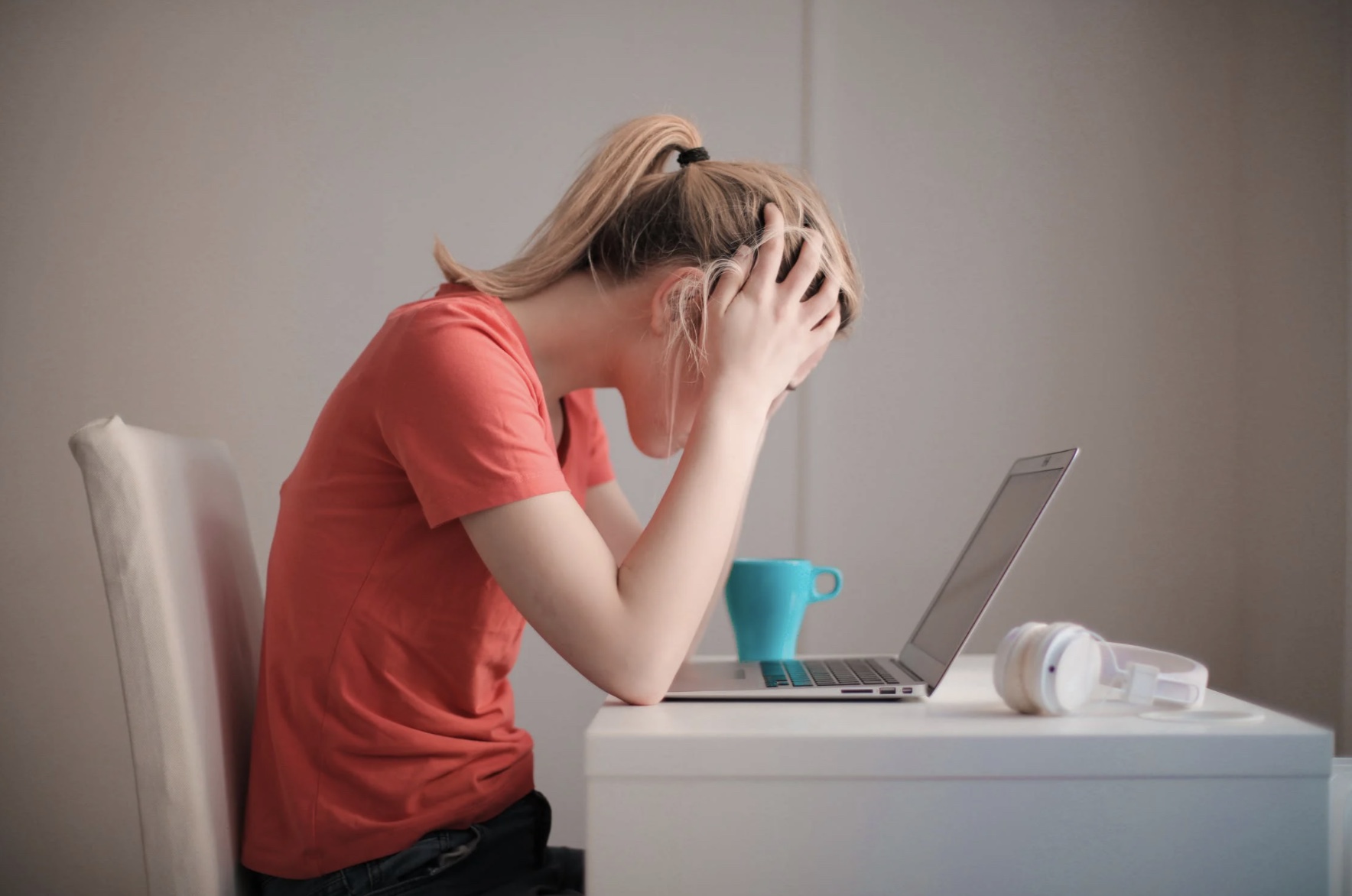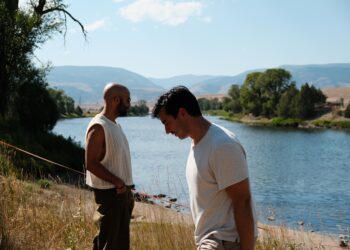By Bella Butler EBS STAFF
BIG SKY – One year ago, behavioral health specialists accurately predicted the wave of pandemic-induced anxiety, depression and isolation that would ride in on the tailcoats of the COVID-19 virus. A year later with vaccines underway and regulations loosening, the exit out of the pandemic is in sight, and so is a new set of looming mental health challenges, according to experts.
“We really have two phases during the pandemic,” said Maureen Womack, system director of behavioral health at Bozeman Health.
The first phase she described as the response to uncertainty and isolation: increased depression, stress and anxiety. This description is on par with recent local and national reports, which have found that symptoms of depression and anxiety have increased this past year—up 5 percent between August 2020 and February 2021, according to a recent Centers for Disease Control and Prevention report.
Now a year later, Womack says we are entering the second phase—that feeling of a tight chest and short breath that has become familiar while watching people move through a crowd on a TV show is about to become a reality for many.
“We’re now seeing what we’re calling the pandemic paradox, where people are now afraid of coming out of lockdown and coming out of being isolated,” she said.
That paradox, Womack says, is the mental adversity that exists at both ends of the pandemic. “It’s going to be just as hard to come out of the pandemic as it was to go into the pandemic,” she said.
In a recent survey published by the American Psychological Association, 49 percent of Americans reported feeling uneasy about adjusting to in-person interaction at the end of the pandemic. Results among adults who received a COVID-19 vaccine were comparable at 48 percent.
Womack says fear and anxiety are the most common emotional responses as we approach a release from social lockdown. “We find ourselves kind of clinging to what we’ve adapted to and what is kind of our comfort zone,” she said.
Womack said that for adolescents, the emotional fallout has been especially exacerbated. Biologically, teens are supposed to be separating from their parents, she said. But after being trapped at home for a year, the return to normalcy may be a rough transition.
“Now we’re asking teenagers, right at the time of summer, to try and go back to their normal life when they’ve been impacted for a year, and it’s creating tremendous anxiety, social anxiety and fear of acceptance,” Womack said.
This is a trend also recognized by the APA survey which found that Gen Z teens (13-17) and Gen Z adults (18-23) were experiencing elevated levels of stress and depression, and Gen Z adults were the most likely generation to say their mental health has worsened throughout the pandemic.
Emerging from the pandemic may also be exceptionally challenging for older generations, Womack said. “Even though they may be vaccinated, they know that they are particularly vulnerable,” she said. “Many of them did not seek medical help during the pandemic and so they’ve had an exacerbation of their underlying medical conditions and not seeking help and so they feel particularly vulnerable going back out into the population.”
Womack believes the key to addressing this anxiety will be striking the balance between risk and validation.
“We know the pandemic will end,” she said. “But we also have to realize and give ourselves the grace to know it is okay not to be okay with it.” For some people, living a more introverted lifestyle created a comfort zone that may be unpleasant to come out of, she added.
The other side to that coin, though, is grounding risk assessment in facts. Womack suggests talking through the anxiety once it’s been acknowledged and identify what the fear is of. At some point, we’ll have to take risks, she says.
“We have to say ‘Yeah, you know you have a right to be anxious, there’s some reality to this anxiety, there are some true unknowns. And yet, I so enjoyed my life, and it’s so important to get back to those things that brought me joy that I need to take that risk,’” Womack said.

The good news is that this doesn’t have to be a solo task. In a 2020 survey of the Big Sky area, 56 percent of key informants ranked mental health as a “major problem” in the community, mostly citing access as the primary issue, but community partners have been hard at work to address this.
The Behavioral Health Coalition, comprised of several community partners dedicated to normalizing behavioral health needs and providing resources, has supported the introduction of behavioral health service implementation in the community. This includes ongoing community-wide focus groups that provide feedback to the coalition to make sure that programming is informed by real struggles.
“‘I am going to meet with my therapist’ or ‘I am going to a support group’ should be as commonplace as meeting with a physical therapist to rehab from a skiing injury,” said Ruthi Solari, director of community partnerships at the Yellowstone Club Community Foundation, a partner in the coalition.
The coalition plans to announce increased servicing early this summer.
In addition, the Big Sky Medical Center offers 24/7 support and hosts two psychiatric service providers. The Montana 2-1-1 hotline also provides behavioral health information and resource connection for non-emergency needs.
Big Sky’s Women in Action also provides a comprehensive list of local resources, including two counselors who provide a sliding-fee scale to those who qualify.
“The one thing that we have learned from this pandemic is this that we can’t pull ourselves up by our bootstraps,” Womack said. “People are suffering, their suffering is real. It’s based on a very traumatic event that’s what happened to all of us. We’ve lost a year, in essence, and that it’s okay to not be okay. It’s okay to be afraid to emerge from a pandemic, and that there is help available.”














